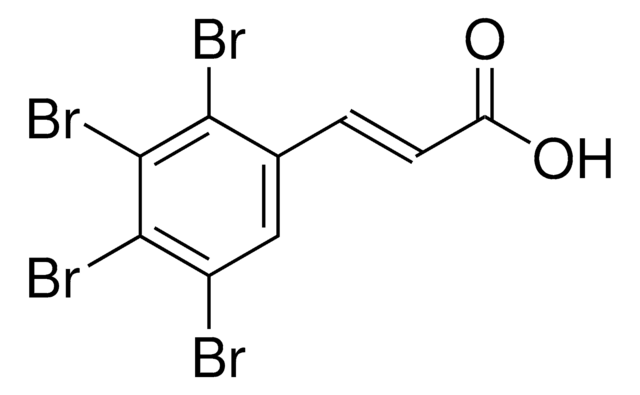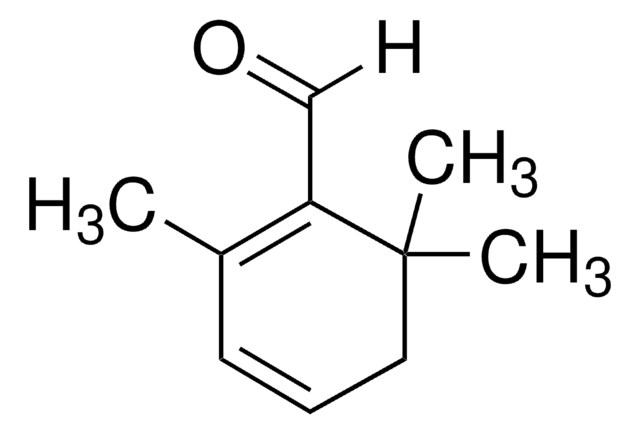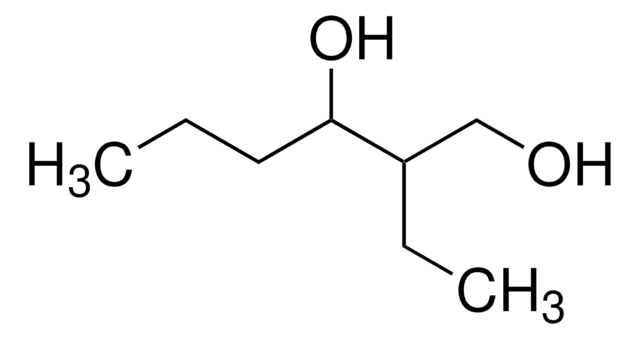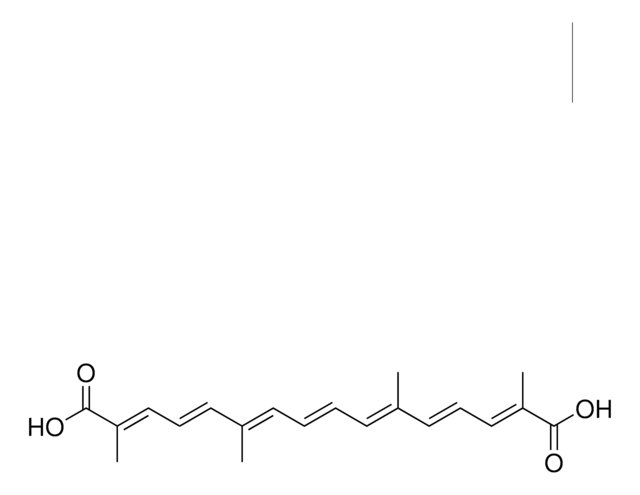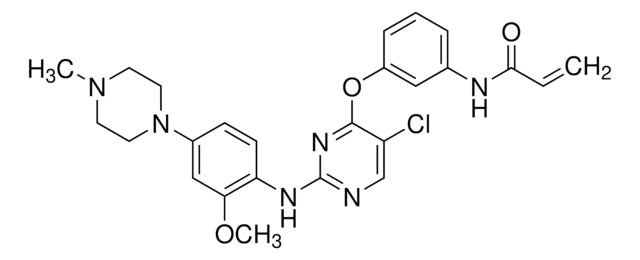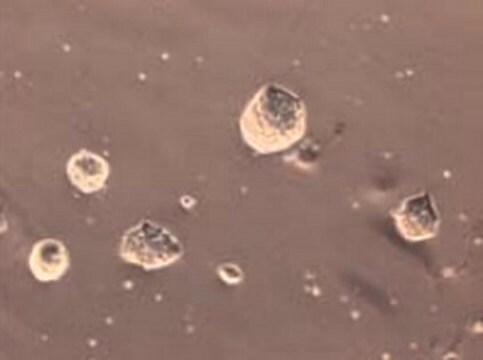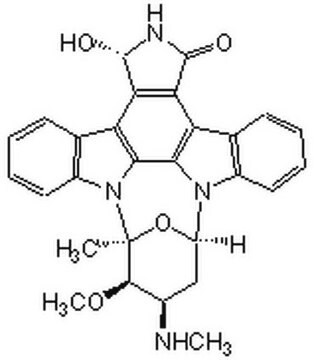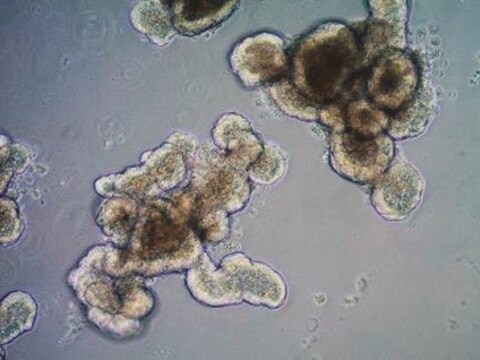SML2652
Peretinoin
≥97% (HPLC)
Sinonimo/i:
3,7,11,15-Tetramethyl-2,4,6,10,14-hexadecapentaenoic acid, (2E,4E,6E,10E)-3,7,11,15-Tetramethylhexadeca-2,4,6,10,14-pentaenoic acid, 4,5-Didehydrogeranyl geranoic acid, ACR, Acyclic retinoid, E 5166, E-5166, E5166, K 333, K-333, K333, NIK 333, NIK-333, NIK333, Polyprenoic acid, all-trans-3,7,11,15-Tetramethyl-2,4,6,10,14-hexadecapentaenoic acid
About This Item
Prodotti consigliati
Saggio
≥97% (HPLC)
Stato
powder
Colore
white to beige
Solubilità
DMSO: 2 mg/mL, clear
Temperatura di conservazione
2-8°C
Stringa SMILE
OC(=O)\C=C(/C)\C=C\C=C(\CC\C=C(\CCC=C(C)C)/C)/C
InChI
1S/C20H30O2/c1-16(2)9-6-10-17(3)11-7-12-18(4)13-8-14-19(5)15-20(21)22/h8-9,11,13-15H,6-7,10,12H2,1-5H3,(H,21,22)/b14-8+,17-11+,18-13+,19-15+
UUBHZHZSIKRVIV-KCXSXWJSSA-N
Cerchi prodotti simili? Visita Guida al confronto tra prodotti
Azioni biochim/fisiol
Codice della classe di stoccaggio
11 - Combustible Solids
Classe di pericolosità dell'acqua (WGK)
WGK 3
Punto d’infiammabilità (°F)
Not applicable
Punto d’infiammabilità (°C)
Not applicable
Scegli una delle versioni più recenti:
Certificati d'analisi (COA)
It looks like we've run into a problem, but you can still download Certificates of Analysis from our Documenti section.
Se ti serve aiuto, non esitare a contattarci Servizio Clienti
Possiedi già questo prodotto?
I documenti relativi ai prodotti acquistati recentemente sono disponibili nell’Archivio dei documenti.
Il team dei nostri ricercatori vanta grande esperienza in tutte le aree della ricerca quali Life Science, scienza dei materiali, sintesi chimica, cromatografia, discipline analitiche, ecc..
Contatta l'Assistenza Tecnica.
